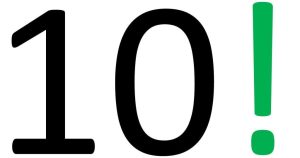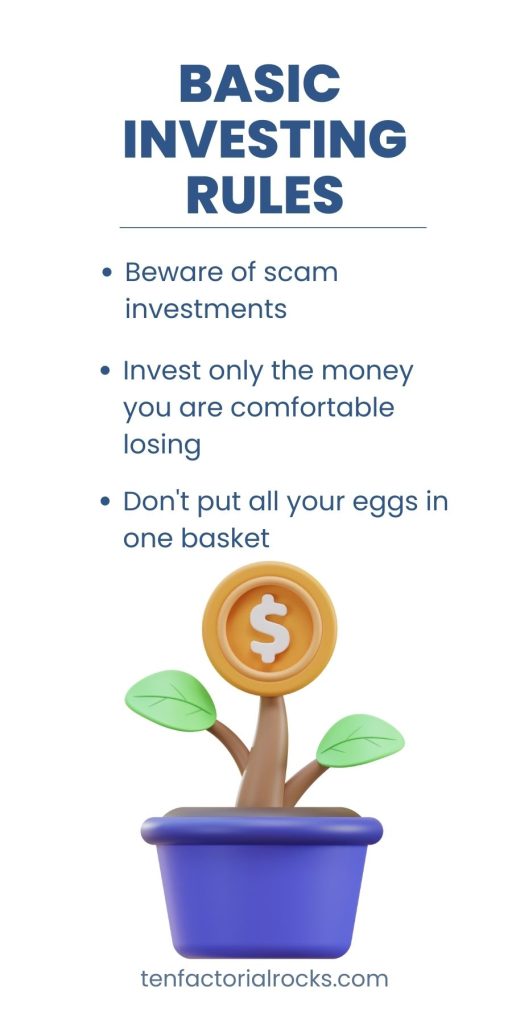Understanding different mortgage options can be a bit overwhelming. One term you might come across is a "bank statement loan." But what is a bank statement loan exactly? It is a unique type of loan that caters specifically to individuals who might not have the traditional income documentation needed for standard mortgage loans.
What is a Bank Statement Loan?
A bank statement loan allows borrowers to qualify for a mortgage based on their bank statements rather than traditional income documentation like tax returns or pay stubs. This type of loan is particularly beneficial for those whose income might be irregular or difficult to verify using standard documentation methods, such as freelancers or self-employed individuals.
Instead of scrutinizing tax returns, lenders offering bank statement loans examine your bank statements over a specified period. It is usually 12 to 24 months. This review helps them assess your actual cash flow and ability to repay the loan.

Mikhail / Pexels / A bank statement loan qualifies you for a mortgage based on your bank statement - rather than your traditional income documentation.
You bet! It is a flexible and accessible option for those who might not meet the strict criteria of conventional mortgage loans.
How Does a Bank Statement Loan Work?
To obtain a bank statement loan, you will need to provide your bank statements for a set number of months, typically ranging from 12 to 24 months. Lenders analyze these statements to determine your average monthly income. This method offers a more accurate representation of your financial health, especially if your income varies from month to month.
Unlike traditional loans, which rely heavily on tax returns, a bank statement loan focuses on your actual deposits and expenses. This approach can be particularly advantageous for self-employed individuals who often have significant deductions on their tax returns, reducing their taxable income. By assessing bank statements, lenders can get a clearer picture of your true earnings and ability to repay the loan.
What are the Requirements for a Bank Statement Loan?
While the exact requirements can vary by lender, there are some common criteria you can expect when applying for a bank statement loan. First and foremost, you will need to provide 12 to 24 months of personal or business bank statements. These statements will be scrutinized to determine your average monthly deposits and overall financial stability.
Plus, lenders might require a higher credit score compared to traditional loans. This requirement helps mitigate the risk associated with the lack of traditional income documentation. You might also need to provide a profit and loss statement, especially if you are using business bank statements.
Likewise, a larger down payment is often required, typically around 10% to 20%. It depends on the lender and your creditworthiness.
Who Should Get a Bank Statement Loan?
Bank statement loans are ideal for individuals whose income doesn't fit the traditional mold. If you are a freelancer, consultant, gig worker, or small business owner, this type of loan could be perfect for you. These loans cater to those who have a steady flow of income that may not be accurately reflected in their tax returns due to various deductions and business expenses.

Karolina / Pexels / If you are a gig worker, self-employed, or freelancer, a bank statement loan might tick all the boxes for you.
For self-employed individuals, a bank statement loan offers a practical solution. It acknowledges the reality of fluctuating income and provides a way to qualify for a mortgage without needing to navigate the complexities of traditional income verification.
Back to the question: What is a bank statement loan? It is a mortgage option that evaluates your income based on your bank statements rather than traditional documents like tax returns. This loan type is particularly beneficial for freelancers and self-employed individuals whose income might not be easily verifiable through conventional means.

